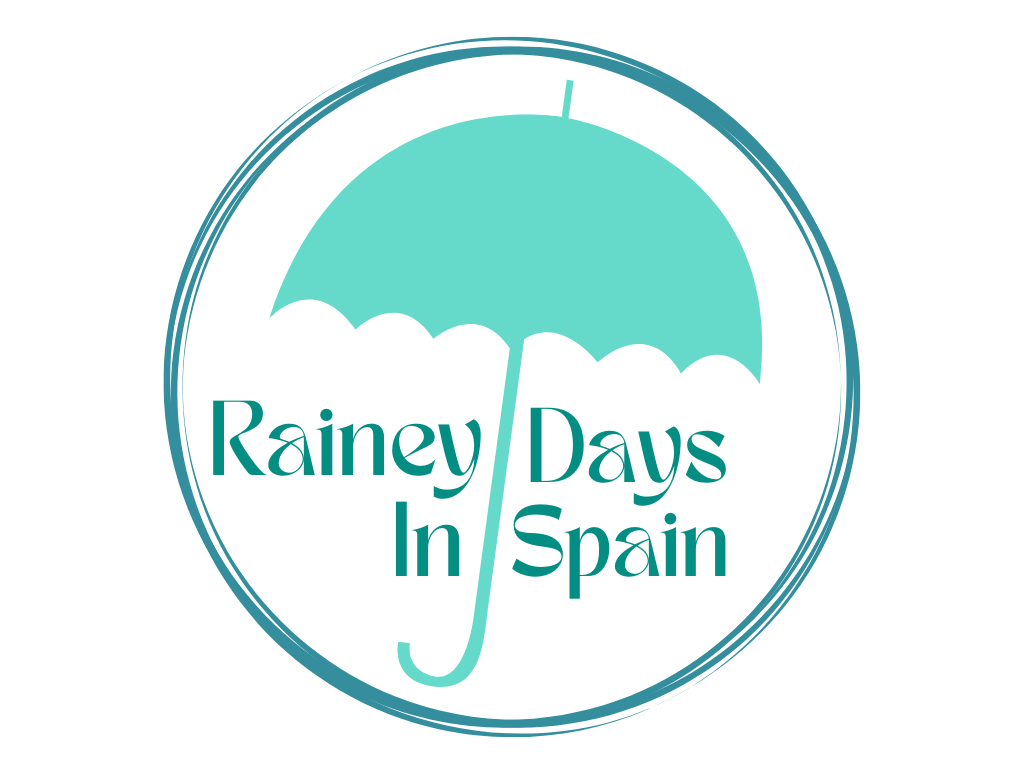Vision and Duty
I Sam. 3: 1-21 records the “call of Samuel,” one of the more well-known stories of the Old Testament. On Thursday night, we had the privilege of hearing our Assemblies of God General Superintendent, Thomas Trask, preach on this passage. Since he has just announced his resignation, it was one of the last times he’ll address the missionary body in his current role.
He preached on Vision and Duty. Samuel, in these verses, is mentioned first as a boy who “ministered before the Lord” even though verse seven says that Samuel “did not yet know the Lord.” In other words, he was performing duty in a righteous manner, which is good, but God had a higher level for Samuel to reach—one of vision. Verse 1 also tells us that in those days, God rarely spoke by vision to the people, so Samuel was called to a special level of spiritual maturity by receiving the vision of the Lord directly.
Brother Trask challenged us not only to be people of duty, but to go higher and be people of vision. Vision requires greater risk and responsibility; poor Samuel had to tell his own mentor that God was going to judge him and his family. But in the vision, there is greater intimacy with God. We know that we are in true communion with him, and it produces a much greater future than mere duty ever can.
He preached on Vision and Duty. Samuel, in these verses, is mentioned first as a boy who “ministered before the Lord” even though verse seven says that Samuel “did not yet know the Lord.” In other words, he was performing duty in a righteous manner, which is good, but God had a higher level for Samuel to reach—one of vision. Verse 1 also tells us that in those days, God rarely spoke by vision to the people, so Samuel was called to a special level of spiritual maturity by receiving the vision of the Lord directly.
Brother Trask challenged us not only to be people of duty, but to go higher and be people of vision. Vision requires greater risk and responsibility; poor Samuel had to tell his own mentor that God was going to judge him and his family. But in the vision, there is greater intimacy with God. We know that we are in true communion with him, and it produces a much greater future than mere duty ever can.
I felt personally convicted that I had, for a long time, been acting out of “duty,” but not necessarily out of “vision” for what God could do in my life and ministry. I was one of the first people to respond to the altar call and many missionaries followed. As I responded “yes” to God, I felt that He spoke very specifically to me about following Him to a higher level (yes, including risk and responsibility) but for a far greater future.
